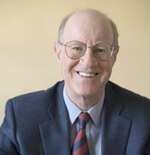
Developmental psychology is the scientific study of how and why humans grow, change, and adapt across the course of their lives. Originally concerned with infants and children, the field has expanded to include adolescence, adult development, aging, and the entire lifespan. Developmental psychologists aim to explain how thinking, feeling, and behaviors change throughout life. This field examines change across three major dimensions, which are physical development, cognitive development, and social emotional development. Within these three dimensions are a broad range of topics including motor skills, executive functions, moral understanding, language acquisition, social change, personality, emotional development, self-concept, and identity formation.
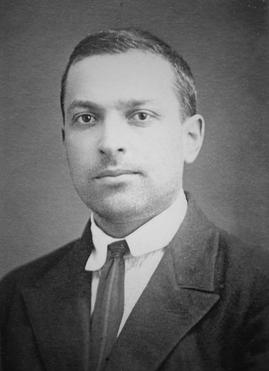
Lev Semyonovich Vygotsky was a Russian and Soviet psychologist, best known for his work on psychological development in children and creating the framework known as cultural-historical activity theory.
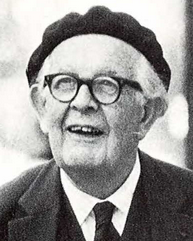
Jean William Fritz Piaget was a Swiss psychologist known for his work on child development. Piaget's theory of cognitive development and epistemological view are together called "genetic epistemology".
Lawrence Kohlberg was an American psychologist best known for his theory of stages of moral development.
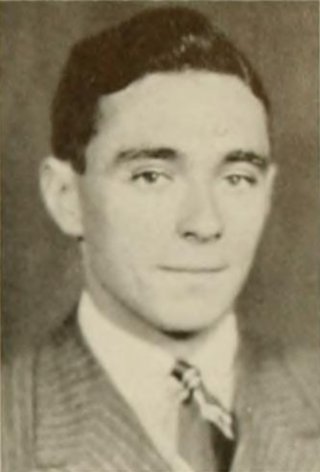
Jerome Seymour Bruner was an American psychologist who made significant contributions to human cognitive psychology and cognitive learning theory in educational psychology. Bruner was a senior research fellow at the New York University School of Law. He received a BA in 1937 from Duke University and a PhD from Harvard University in 1941. He taught and did research at Harvard University, the University of Oxford, and New York University. A Review of General Psychology survey, published in 2002, ranked Bruner as the 28th most cited psychologist of the 20th century.
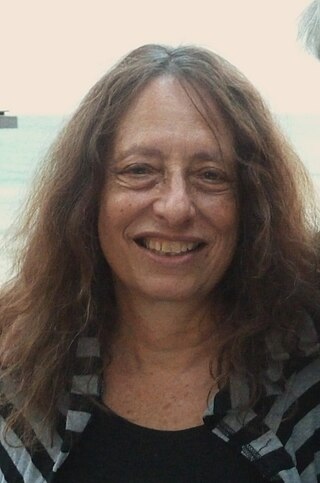
Carol Gilligan is an American feminist, ethicist, and psychologist, best known for her work on ethical community and ethical relationships.

In positive psychology, a flow state, also known colloquially as being inthe zone, is the mental state in which a person performing some activity is fully immersed in a feeling of energized focus, full involvement, and enjoyment in the process of the activity. In essence, flow is characterized by the complete absorption in what one does, and a resulting transformation in one's sense of time. Flow is the melting together of action and consciousness; the state of finding a balance between a skill and how challenging that task is. It requires a high level of concentration. Flow is used as a coping skill for stress and anxiety when productively pursuing a form of leisure that matches one's skill set.
Lawrence Kohlberg's stages of moral development constitute an adaptation of a psychological theory originally conceived by the Swiss psychologist Jean Piaget. Kohlberg began work on this topic as a psychology graduate student at the University of Chicago in 1958 and expanded upon the theory throughout his life.
Robert Kegan is an American developmental psychologist. He is a licensed psychologist and practicing therapist, lectures to professional and lay audiences, and consults in the area of professional development and organization development.
Seymour Bernard Sarason was Professor of Psychology Emeritus at Yale University, where he taught from 1945 to 1989. He is the author of over forty books and over sixty articles, and he is considered to be one of the most significant American researchers in education, educational psychology, and community psychology. One primary focus of his work was on education reform in the United States. In the 1950s he and George Mandler initiated the research on test anxiety. He founded the Yale Psycho-Educational Clinic in 1961 and was one of the principal leaders in the community psychology movement. In 1974, he proposed psychological sense of community, a central concept in community psychology. Since then, sense of community has become a well-known and commonly used term both in academic and non-academic settings.
Personal development or self-improvement consists of activities that develop a person's capabilities and potential, build human capital, facilitate employability, enhance quality of life, and facilitate the realization of dreams and aspirations. Personal development may take place over the course of an individual's entire lifespan and is not limited to one stage of a person's life. It can include official and informal actions for developing others in roles such as teacher, guide, counselor, manager, coach, or mentor, and it is not restricted to self-help. When personal development takes place in the context of institutions, it refers to the methods, programs, tools, techniques, and assessment systems offered to support positive adult development at the individual level in organizations.
Richard Allan Shweder is an American cultural anthropologist and a figure in cultural psychology. He is currently Harold H. Swift Distinguished Service Professor of Human Development in the Department of Comparative Human Development at the University of Chicago.
In psychology, constructivism refers to many schools of thought that, though extraordinarily different in their techniques, are all connected by a common critique of previous standard approaches, and by shared assumptions about the active constructive nature of human knowledge. In particular, the critique is aimed at the "associationist" postulate of empiricism, "by which the mind is conceived as a passive system that gathers its contents from its environment and, through the act of knowing, produces a copy of the order of reality".

Melanie Killen is a developmental psychologist and Professor of Human Development and Quantitative Methodology, and Professor of Psychology (Affiliate) at the University of Maryland, and Honorary Professor of Psychology at the University of Kent, Canterbury, UK. She is supported by funding from the National Institute of Child Health and Human Development (NICHD), and the National Science Foundation (NSF) for her research. In 2008, she was awarded Distinguished Scholar-Teacher by the Provost's office at the University of Maryland. She is the Director of the Social and Moral Development Lab at the University of Maryland.
Moral development focuses on the emergence, change, and understanding of morality from infancy through adulthood. The theory states that morality develops across a lifespan in a variety of ways and is influenced by an individual's experiences and behavior when faced with moral issues through different periods of physical and cognitive development. Morality concerns an individual's reforming sense of what is right and wrong; it is for this reason that young children have different moral judgment and character than that of a grown adult. Morality in itself is often a synonym for "rightness" or "goodness." It also refers to a specific code of conduct that is derived from one's culture, religion, or personal philosophy that guides one's actions, behaviors, and thoughts.
Darcia Narvaez is a Professor of Psychology Emerita at the University of Notre Dame who has written extensively on issues of character, moral development, and human flourishing.

In psychology, meaning-making is the process of how people construe, understand, or make sense of life events, relationships, and the self.
Robert L. Selman is an American-born educational psychologist and perspective-taking theorist who specializes in adolescent social development. He is currently a professor of Education and Human Development at the Harvard Graduate School of Education, and a professor of psychology in Medicine at Harvard University. He is also known as the author of the 1980s G.I. Joe public service announcements.
Moral identity is a concept within moral psychology concerning the importance of morality to a person’s identity, typically construed as either a trait-like individual difference, or set of chronically accessible schemas.

Robert Alan Levine is an American anthropologist best known for his multidisciplinary and cross-cultural work on child development. He spent much of his academic career at Harvard University in the Graduate School of Education, where he has been emeritus professor since 1998.
